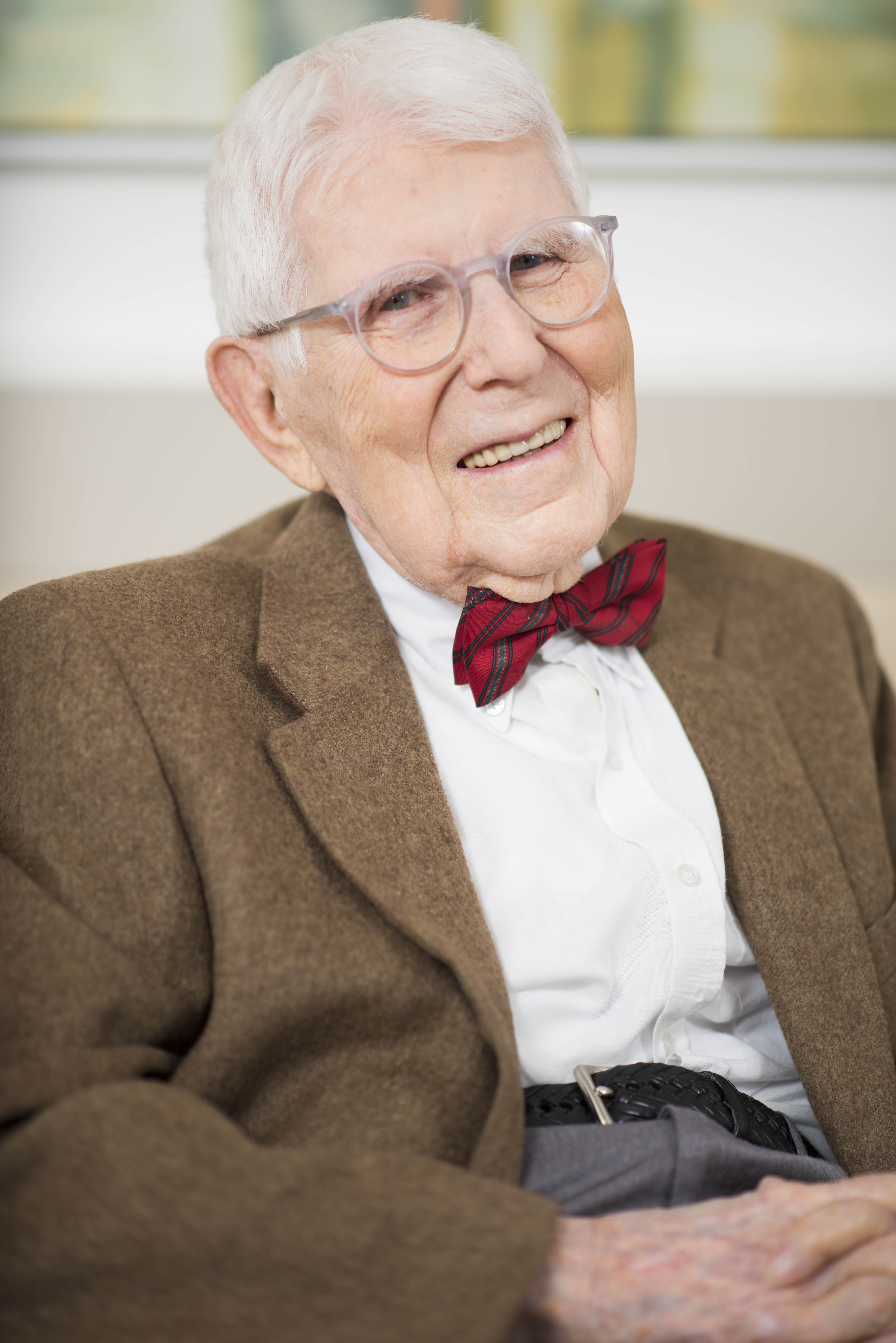Here I try to write about CBT or Cognitive Behavioral Therapy using sources from Youtube and a book.
CBT is one of the most effective treatments for things like anxiety disorders, depression disorders, bipolar depression, ADHD… and a lot of other problems.
It’s about understanding yourself, your strengths and weaknesses, learning how to get unstuck with your thoughts, developing skills to help yourself manage difficult emotions and also help you be in the situations that you want to be in.
CBT is transparent and goal oriented; it’s not ambiguous and it focuses on the present and developing skills that help you get unstuck. It’s an active treatment, with homework and activities between session and session.
CBT is short-term, and it is a therapy that psychologists have monitored and showed that it statistically improves the lives of patients. CBT believes that it isn’t so much what happened to us through life, but it’s how we think about what’s happened to us in life. Not the life event itself, but my thoughts about it.
As a patient of depression and social anxiety I first came across the word CBT in a book called “Overcoming Social Anxiety & Shyness” by Gillian Butler. Up until this day I didn’t know that there was something called social anxiety, I had it, but I didn’t know it had a name.
At the beginning of the book it gives us an overview of what CBT is:
“Over the past two or three decades, there has been something of a revolution in the field of psychological treatment. Freud and his followers had a major impact on the way in which psychological therapy was conceptualized, and psychoanalysis and psychodynamic psychotherapy dominated the field for the first half of this century. So, long-term treatments were offered which were designed to uncover the childhood roots of personal problems – offered, that is, to those who could afford it. There was some attempt by a few health service practitioners with a public conscience to modify this form of treatment (by, for example, offering short-term treatment or group therapy), but the demand for help was so great that this had little impact. Also, whilst numerous case histories can be found of people who are convinced that psychotherapy did help them, practitioners of this form of therapy showed remarkably little interest in demonstrating that what they were offering their patients was, in fact, helpful.
As a reaction to the exclusivity of psychodynamic therapies and the slender evidence for its usefulness, in the 1950s and 1960s a set of techniques was developed, broadly collectively termed ‘behavior therapy’. These techniques shared two basic features. First, they aimed to remove symptoms (such as anxiety) by dealing with those symptoms themselves, rather than their deep seated underlying historical causes. Second, they were techniques, loosely related to what laboratory psychologists were finding out about the mechanisms of learning, which were formulated in testable terms. Indeed, practitioners of behavior therapy were committed to using techniques of proven value or, at worst, of a form which could potentially be put to the test. The area where these techniques proved of most value was in the treatment of anxiety disorders, especially specific phobias (such as fear of animals or heights) and agoraphobia, both notoriously difficult to treat using conventional psychotherapies.
After an initial flush of enthusiasm, discontent with behavior therapy grew. There were a number of reasons for this, an important one of which was the fact that behavior therapy did not deal with the internal thoughts which were so obviously central to the distress that patients were experiencing. In this context, the fact that behavior therapy proved so inadequate when it came to the treatment of depression highlighted the need for major revision. In the late 1960s and early 1970s a treatment was developed specifically for depression called ‘cognitive therapy’. The pioneer in this enterprise was an American psychiatrist, Professor Aaron T. Beck, who developed a theory of depression which emphasized the importance of people’s depressed styles of thinking, He also specified a new form of therapy. It would not be an exaggeration to say that Beck’s work has changed the nature of psychotherapy, not just for depression but for a range of psychological problems.
In recent years the cognitive techniques introduced by Beck have been merged with the techniques developed earlier by the behavior therapists to produce a body of theory and practice which has come to be known as ‘cognitive behavior therapy’. There are two main reasons why this form of treatment has come to be so important within the field of psychotherapy. First, cognitive therapy for depression, as originally described by Beck and developed by his successors, has been subjected to the strictest scientific testing; and it has been found to be a highly successful treatment for a significant proportion of cases of depression. Not only has it proved to be as effective as the best alternative treatments (except in the most severe cases, where medication is required), but some studies suggest that people treated successfully with cognitive behavior therapy are less likely to experience a later recurrence of their depression than people treated successfully with other forms of therapy (such as antidepressant medication). Second, it has become clear that specific patterns of thinking are associated with a range of psychological problems and that treatments which deal with these styles of thinking are highly effective. So, specific cognitive behavioral treatments have been developed for anxiety disorder, specific phobias and social phobia, obsessive compulsive disorder, and hypochondriasis (health anxiety), as well as for other conditions such as compulsive gambling, alcohol and drug addiction, and eating disorders like bulimia nervosa and binge-eating disorder. Indeed, cognitive behavioral techniques have a wide application beyond the narrow categories of psychological disorders: they have been applied effectively, for example, to helping people with low self-esteem and those with marital difficulties.”
In A Conversation with Aaron T. Beck he describes the process with which he came to develop cognitive behavior therapy.





